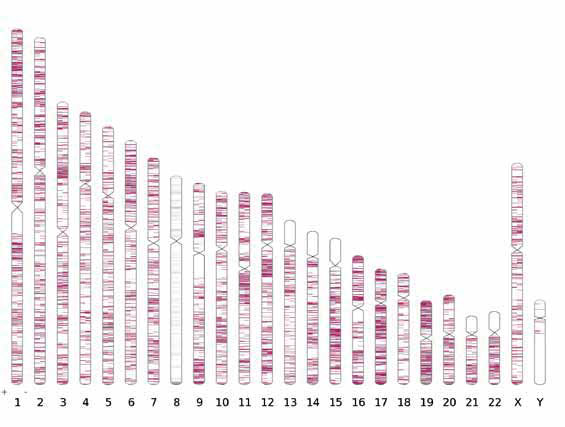A reversible gene trap collection empowers haploid genetics in human cells
Share
CeMM and Haplogen make available the world’s largest collection of engineered human cell lines for biomedical discovery
Haplogen, a biotechnology company developing antiviral therapies, and CeMM, the Center for Molecular Medicine of the Austrian Academy of Sciences, today announced that they are making available their large collection of human cell lines that are deficient for single genes, which they have been building over the past three years as part of a public-private partnership. The partnership, through Haplogen, will distribute requested cell lines to the research community. The collection and the technological advances that enabled its development were published in Nature Methods advanced online, on August 25. It currently includes cell line clones covering 3,000 different human genes, which represents about one third of all the genes that are active in these cells. The collection will continue to expand until all the genes have been targeted.

